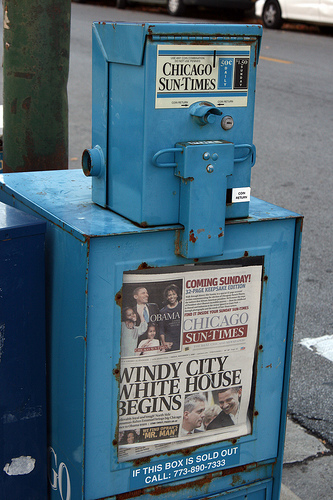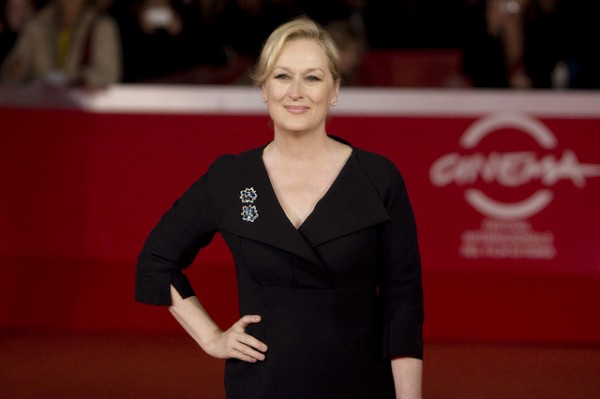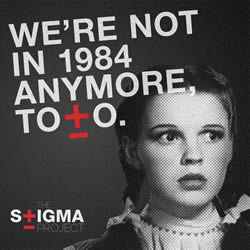Holy Shit: Adventures In Survival Sex Work And Stimulus Checks

Jackie’s story, like that of so many, begins with domestic violence, violence she weathers with the help of her sex work. Her son’s father continuously uses abusive financial tactics, severing any ability she’s ever had to gain ground in her life. Her ten-year-long saga has kept her working under the table, which in turn has constantly disqualified her from government perks, benefits, and safety nets, most recently The 2020 Economic Impact Payments, aka the stimulus checks.
In California Family Law, child support is often awarded on a first-come, first-serve basis, and Jackie’s ex demanded an amount that he knew she could not pay. As a young mother with no representation, she had no ability to fight back, and thus began her downward spiral out of mainstream existence. She tried to make her child support payments, but she was caring for her son almost half the week, working, and going to school. Then came garnished wages. She couldn’t afford to live, so she moved her job underground.
She’s not alone; low-income sex workers have complicated financial lives. We often arrive at sex work in the first place because the gray or black markets were our only options. We wake up every day with debt collectors, past convictions, or neglected forms hanging over our heads, but it’s impossible to coherently state exactly how we ended up here. Our individual stories become so dizzying that we had to focus this article on Jackie to keep it digestible; our lives are filled with the type of bureaucratic adventures that enrage and derail us while boring readers.
Sometimes, our entire households or extended families have stories too complicated to relate, even if it all began with a single misstep. For Ana, a young Chicana woman with disabled migrant parents who don’t speak English, the bureaucratic nightmares target multiple generations. She thinks the trouble started with a car accident years ago. Nobody in her house is getting a stimulus check. She says: “It’s not helpful. We used to collect recycling, but we aren’t supposed to anymore. I’d get a panic attack explaining this all to you and it still wouldn’t make sense.”
In Jackie’s situation, her driver’s license was suspended after continued non-payment, further affecting her ability to work and care for her child. Of course, with no license, you cannot insure your vehicle; with no insurance, it’s impossible to register your car. A client added her to his insurance for one month and paid for the registration, which of course expired when the DMV received notice that the insurance was canceled. She had to hope that the tags were enough and that the cops wouldn’t scan her plate. Eventually, she was pulled over.
No credit, no license, no insurance, no registration—the court doesn’t care that it’s nearly impossible to find work under those conditions. Just pay the child support!
Many sex workers face similar spirals, where one situation becomes a multi-year financial disaster. This precludes us from living normal lives while compounding our other vulnerabilities. For example, the stimulus checks are sent out based either on recent tax reports or on receiving specific government benefits such as SSI (Supplemental Security Income), unless you actively choose the option meant for non-tax filers who make under $12,200 a year. Sex worker media written from the perspective of more privileged workers makes it seem so simple for us to pay our taxes! But it should be no surprise that structurally oppressed people, including the multiply marginalized in our community such as transgender and Black sex workers, often can’t or don’t prioritize organizing our financial lives in socially acceptable ways.


